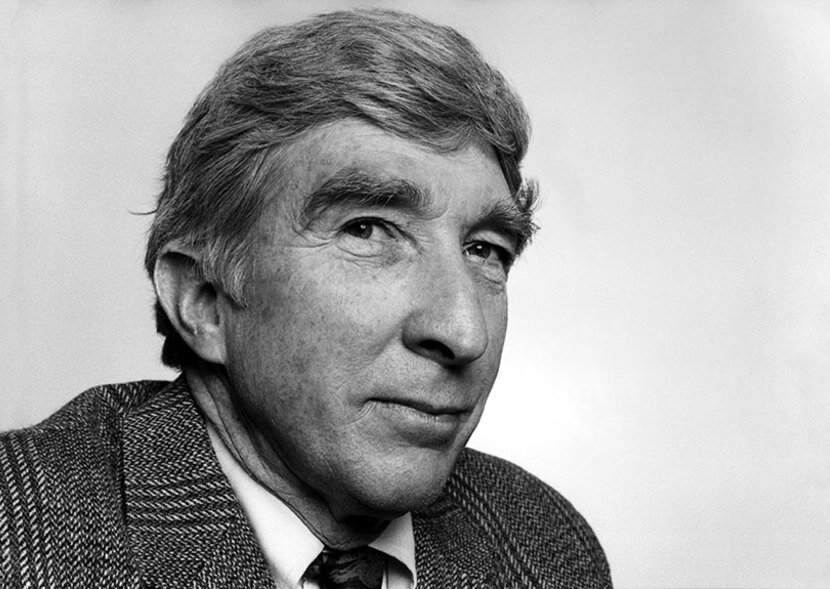John Updike
Among all of the writers I have come to love and live with over the years, a few like John Updike and Philip Roth have always felt like companions, authors whose books I would read in a reverie of respect and awe. Updike's words, powerful and clear have over the last number of years found their way into many New Yorker articles in a reprise of another fertile New Yorker period in the 1950's. On this sad day of his death at the age of 76, I want to relate my own personal Updike experience.
Some years ago the National Gallery in Washington, DC held a retrospective exhibition of the great painter, Johannes Vermeer. I found myself in front of one of those marvelous small paintings that seem to radiate light from within, staring at the canvas and wondering how Vermeer had been able so long ago to paint with more luminescence than modern-day high definition images. Beside me was an older gentleman with a small notebook carefully writing some notes on the painting. I watched him for a moment and then realized that it was John Updike. We stood beside each for some time as many people walked by. It was my zen moment, my favourite painter and one of my favourite writers. He didn't know how much it meant to me and that was appropriate.
Many years later as I think about that event, about a small moment, one of no consequence to anyone but myself, I also think of Updike's novels which are about precisely those events that we so often overlook, but that fill our daily lives with meaning. All of his writing overflows with details upon details. Updike was not a philosopher. He was an acute observer of everyday life and a creator of characters, hundreds of them. He was an historian without the pretensions of history. His novels say more about the 1960's and 1970's than anything I have read. At the same time, he plunged into many taboo areas from sex to sexual politics to the repressed charms of small-minded men, and all of this with the relish of the writer cracking through from one level to the next, breaking the hold of conventions, breaking into a new world without conventions.
Notwithstanding the acutely visual (and thus external) world in which we now live, the act of writing in all its various forms, remains a deeply personal and internal experience, one that links imagination to words and words to fiction or to truth. Updike was not a raconteur. Rather, he built edifices for his characters and inside the worlds he created, we the readers searched for connections and through a sleight of hand helped Updike in the construction of new and rich spaces steeped in the simple passage of time. We were less witnesses to what he wrote than active participants in the cultures he created. I shall miss him. The New York Times has a wonderful article on Updike including a video interview.

